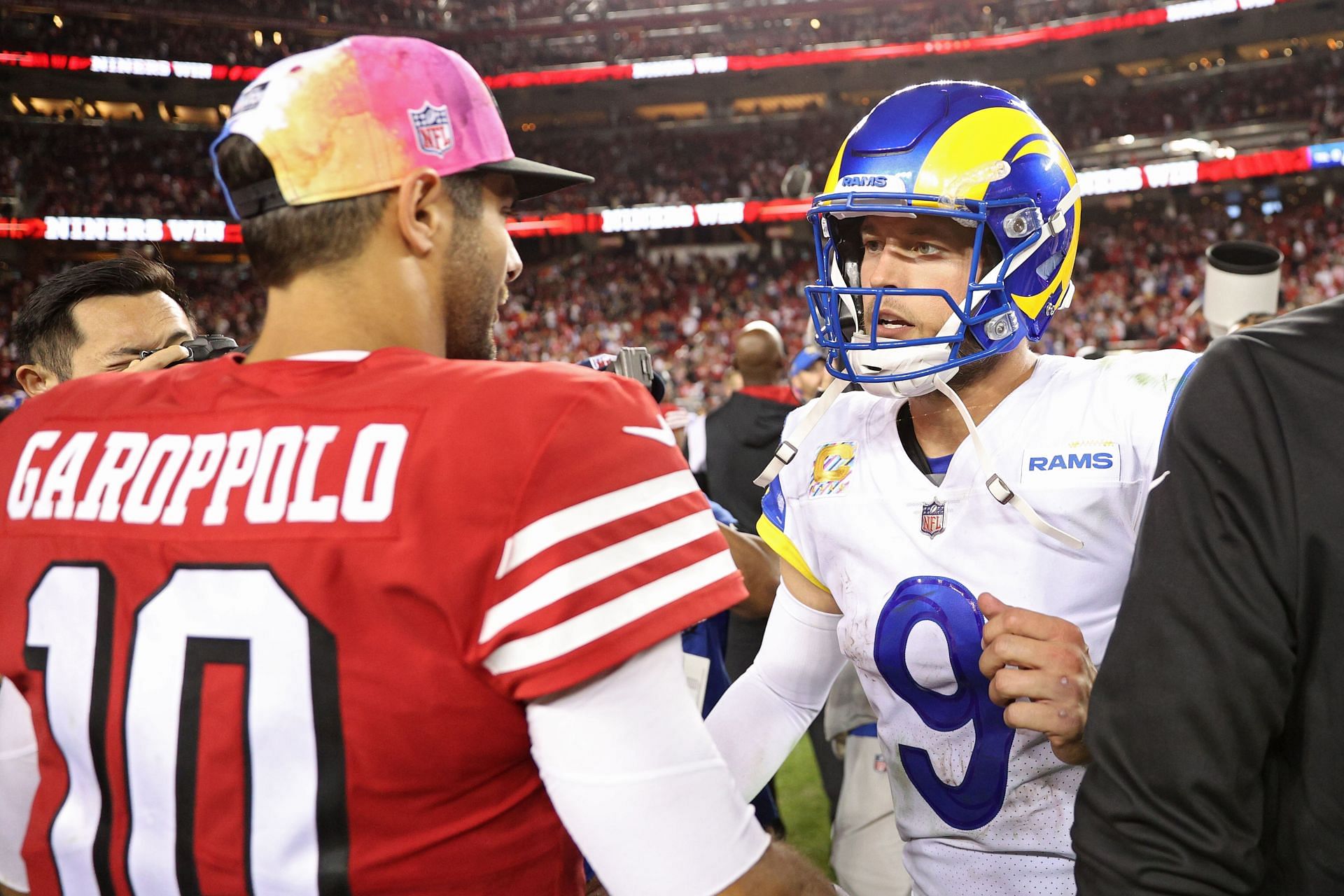
Types of NFL Quarterbacks
The quarterback position has changed over the last few decades. In the past, prototypical Peyton Manning/Matt Ryan pocket-passers were the most popular types of quarterbacks in the NFL. That's not the case in the modern league though. Players who would've been the fastest receiver on their team are now playing QB. Players as athletic as tight ends are now playing in the pocket. What NFL offensive coordinators demand from the position has changed and there are now many quarterback types.
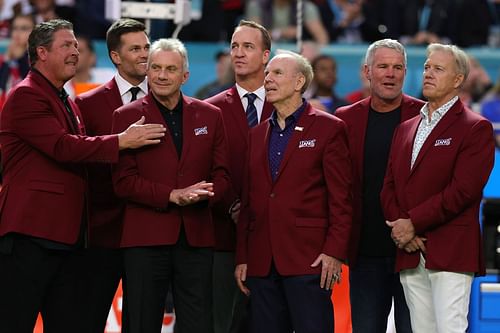
The wide range of NFL quarterback variations
Game Managers
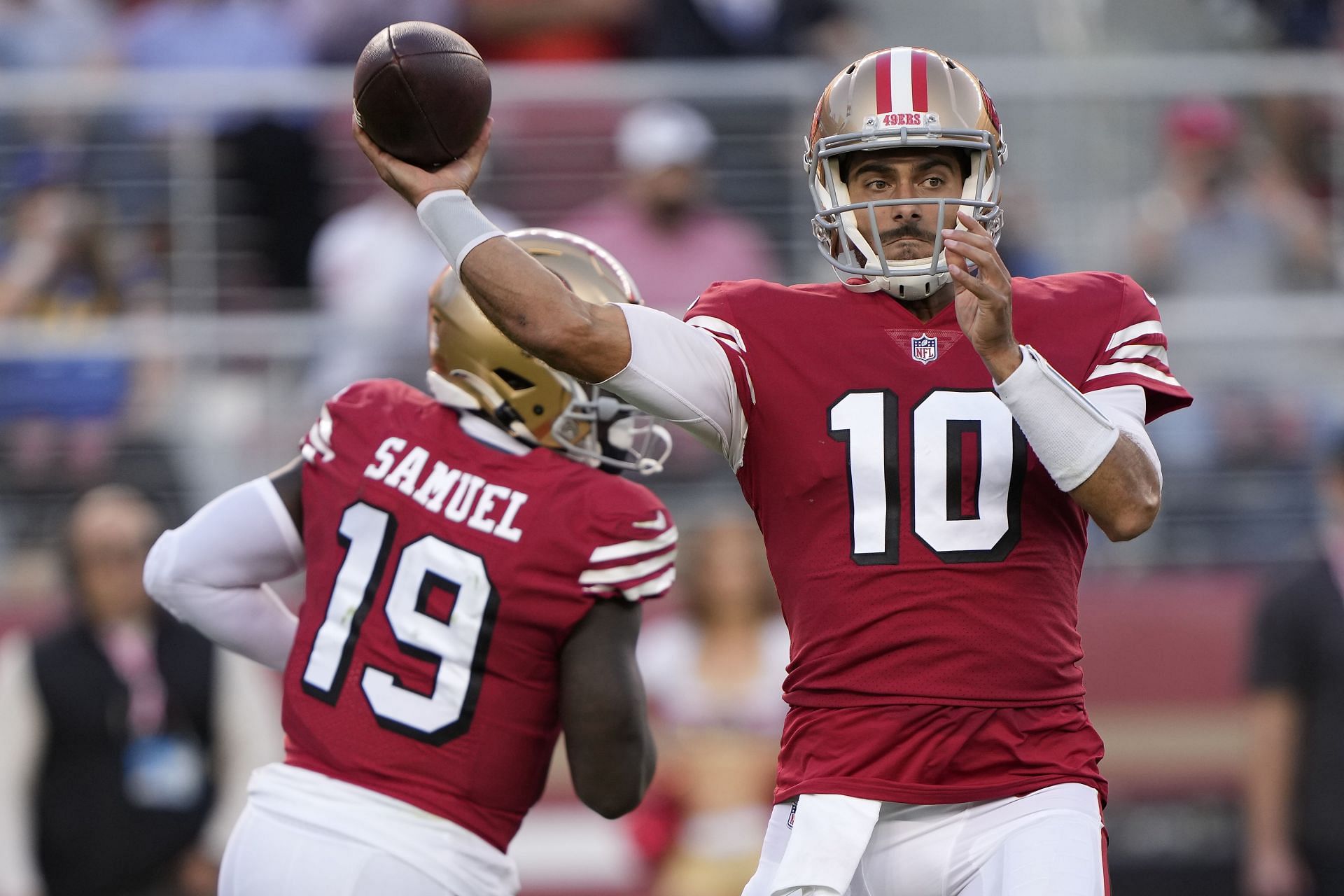
The first type of QB and most common throughout the history of the NFL is the game manager. This type of quarterback executes a game plan/play script and exploits mismatches where the coaching staff points them out.
A high percentage of passes for quarterbacks of this style are under 20 yards to coach-designated receiver routes. Game managers are specialist passers on short to intermediate passes. Accuracy is their calling card.
They thrive at executing the script, but struggle when asked to play off-script (if a play breaks down). Game managers are not playmakers. A game manager won't pull a rabbit out of a hat to make a play work.
Game managers are usually dubbed the 'Check down Kings' in the NFL. Game managers have to know the ins and outs of the playbook as they have the job of putting the offense in the right situations. Game managers usually aren't talented enough to rely on pure ability to make plays. A game manager is a quarterback who will check protections, reconsider run calls, and typically run down the play clock as he needs to ensure the play is the perfect choice.
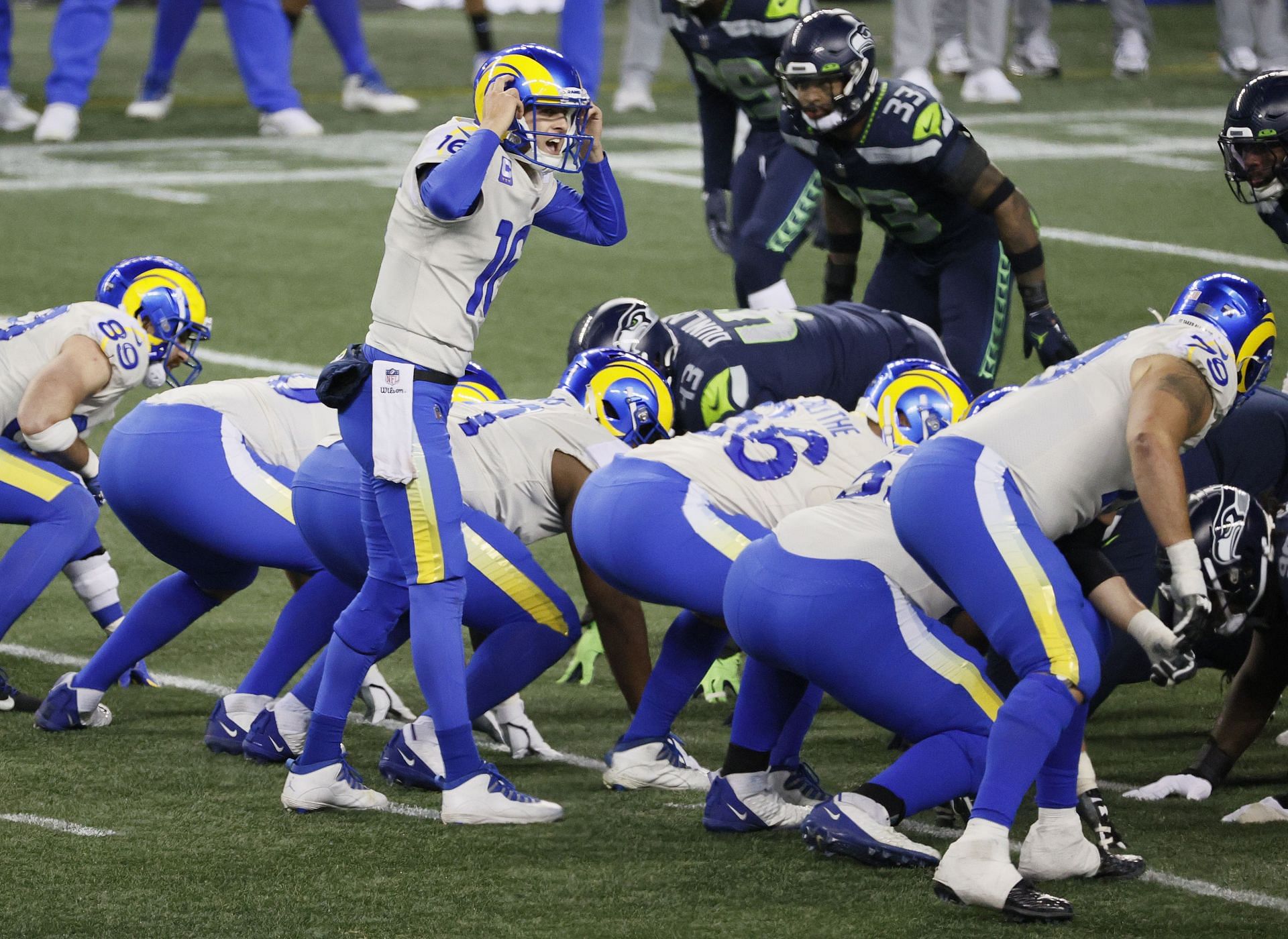
Example: Jared Goff, under Sean McVay of the Los Angeles Rams, was an excellent game manager during the 2018-19 NFL season. McVay's genius scheme ability and Goff's ability to execute the scheme made for a perfect combination. He was a quarterback who reliably got the ball to playmakers like Todd Gurley, Cooper Kupp, Robert Woods, and Brandon Cooks. The Los Angeles Rams went 13-3 and made the Super Bowl that season.
Game managers need a reliable offensive line to not put the QB in uncomfortable positions where they will be asked to play off script. As they are not playmakers, they outsource the burden to the receivers and the running game. A lack of a reliable O-line or playmakers around this type of QB will greatly hinder the offense's ability to move the ball. These quarterbacks are safe with their passing options, rarely making risky throws out of fear of throwing interceptions. They can be afraid to take chances because it might not fit in with a scheme or what the offense typically tries to do.
Gunslinger
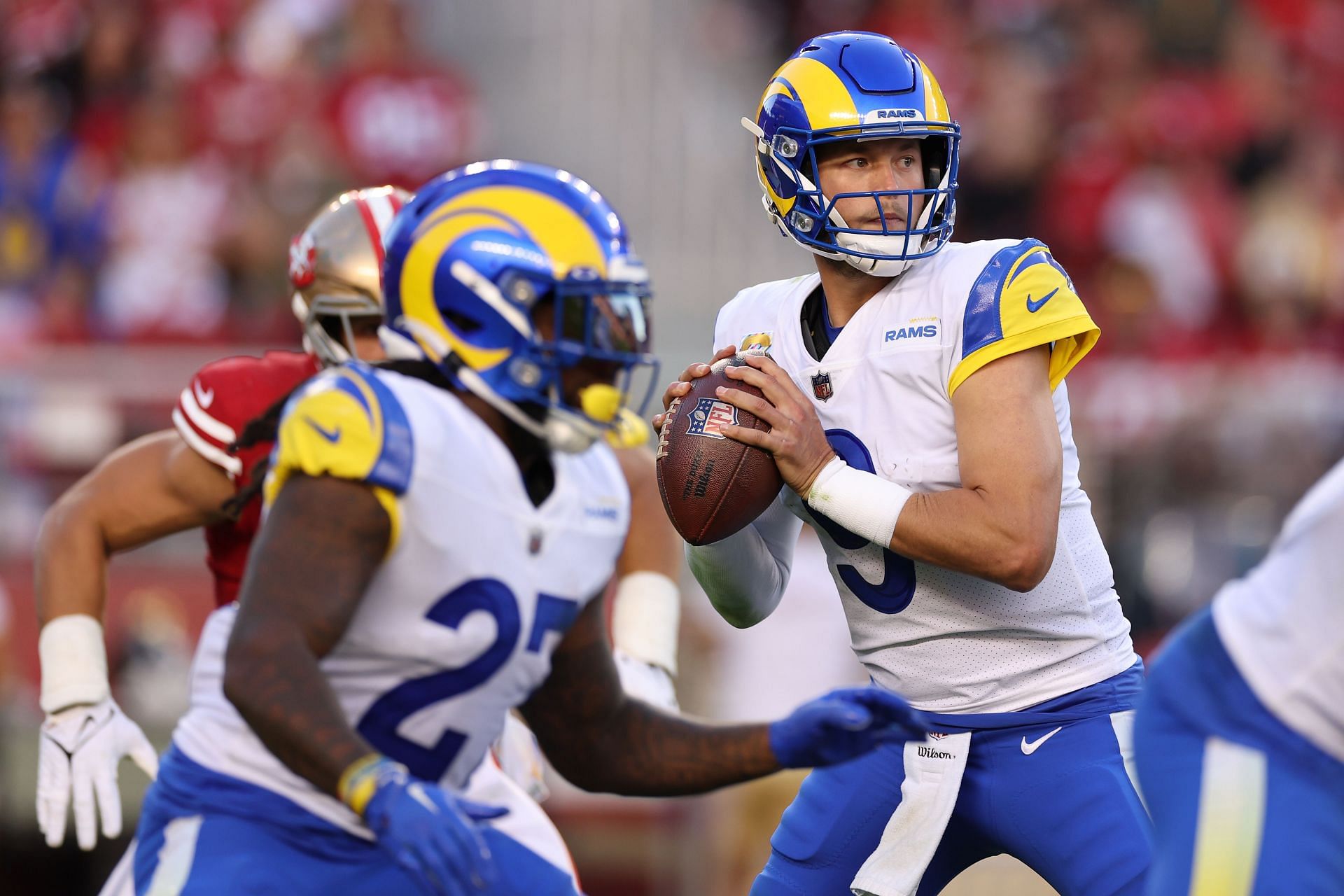
The high-risk-high-reward type quarterback. Gunslingers are natural playmakers not limited to the offensive game script. QB's of this kind will take risky throws trying to bring a spark to an offense.
Many passes for quarterbacks of this style in the NFL are over 20 yards. Gunslingers are specialist passers on deep throws. Arm strength is their calling card.
The gunslinger mentality works for and against quarterbacks in the NFL. A wide receiver could be double-covered and a gunslinger will attempt to throw the ball into the tiniest of windows. They often make the mistake of ignoring a more open target (low-risk-low-reward).
These types of QBs can often frustrate NFL coaches with their decision making.
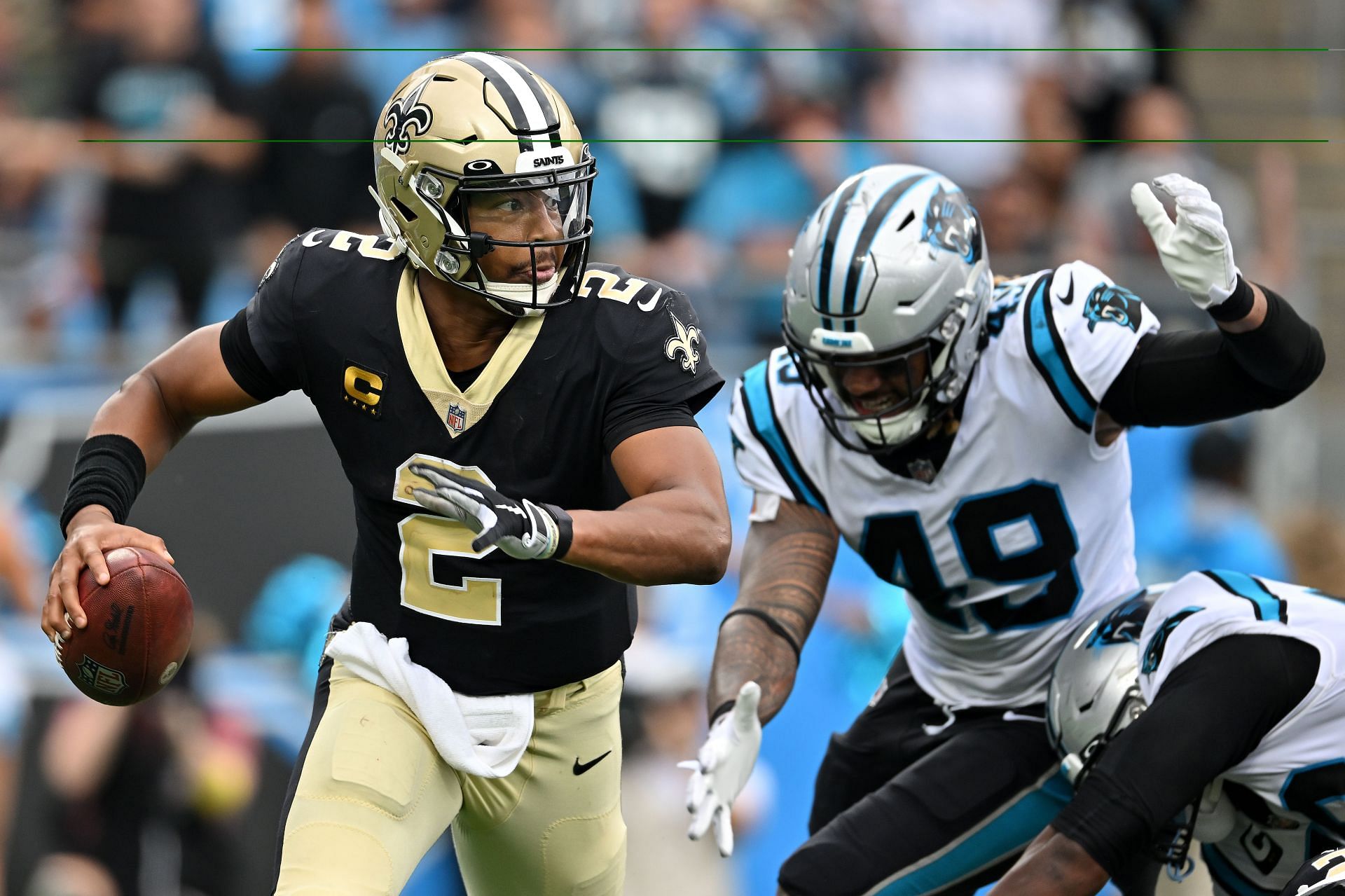
Coaches favor gunslingers if the team lacks on defense or lacks in other positions on offense. There must be a quarterback under center that can make things happen even if everything about the play/game is going awry.
The most famous example of this type of quarterback in the NFL is Hall of Famer Brett Favre. For every electric three-touchdown game Favre had, he likely had a three-interception game lurking somewhere down the line.
The undeniable negative about these types of quarterbacks is that they can be inconsistent due to always playing off-script saving broken down plays.
The Polished Pocket Passer
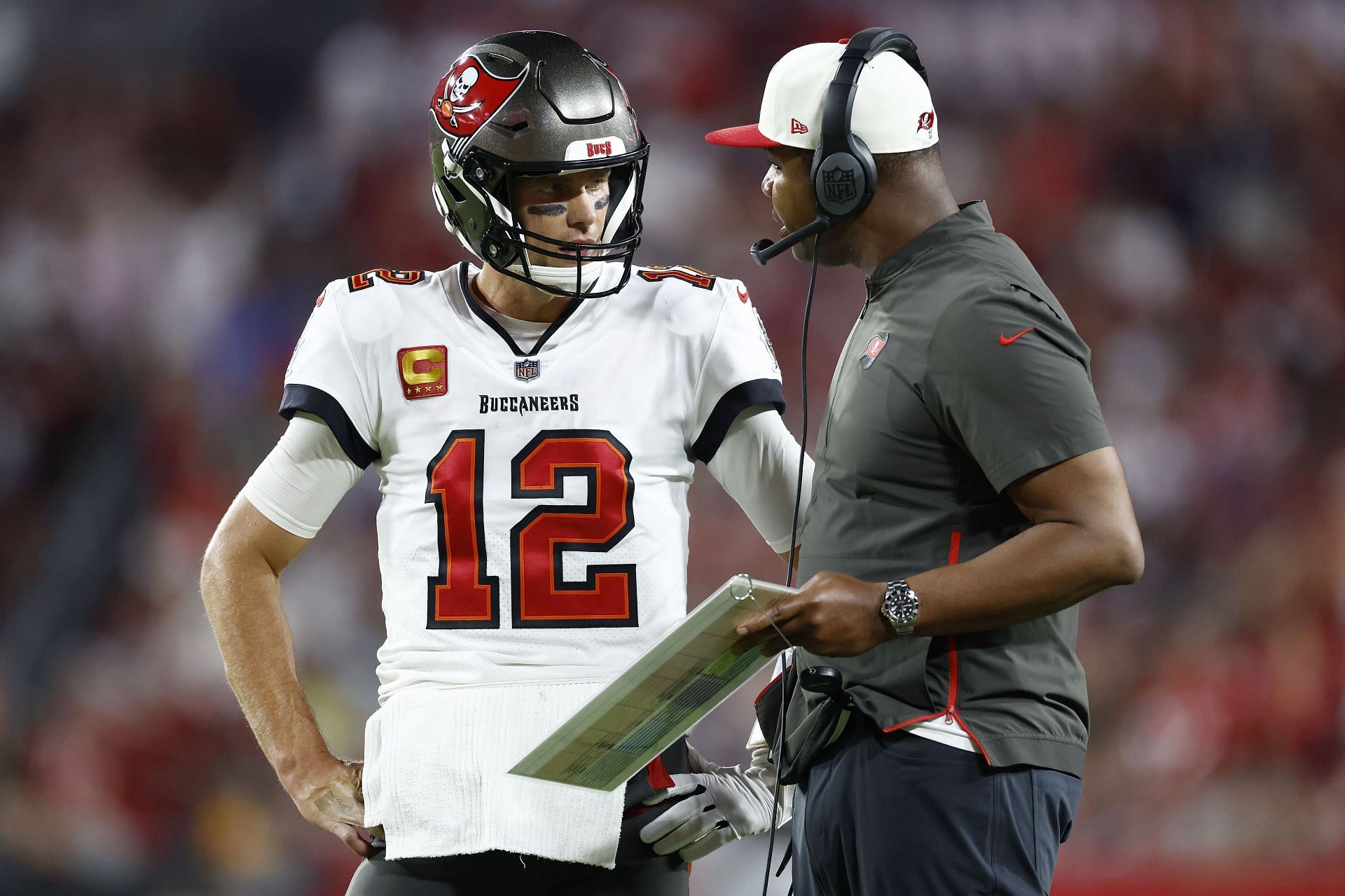
The evolutionary form of a game manager. The best example of this rare type of QB in the NFL is future Hall of Famer Tom Brady.
Pocket passers lack mobility, but often possess a great physical stature and a good enough arm to make all the necessary throws.
These are QBs who thrive executing the script due to their elite accuracy but are not afraid to throw the ball downfield like gunslingers. They often have a deep understanding of defensive schemes and have good chemistry with their receivers to avoid costly interceptions.
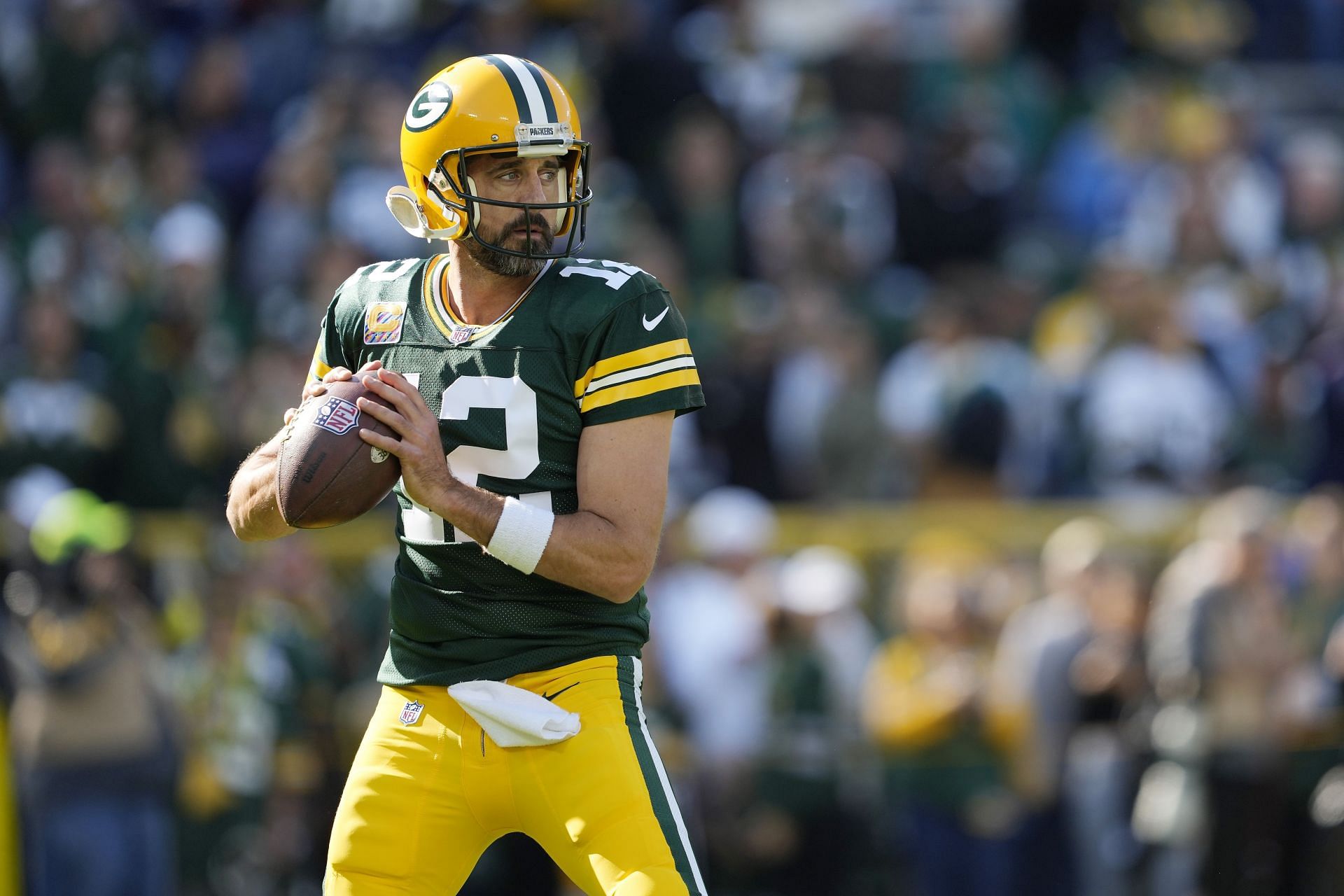
A pocket passer only needs adequate protection in the pocket from the offensive line and a reliable set of pass catchers to move the offense up and down the field. Tom Brady has made a career of being able to turn average receivers into very good ones, simply because he knows what is going on in the game.
"When you really start figuring things out as a quarterback, you realize you don't have to be perfect every time, but you do have to be quick and decisive." - Aaron Rodgers
Dual-threat Quarterbacks
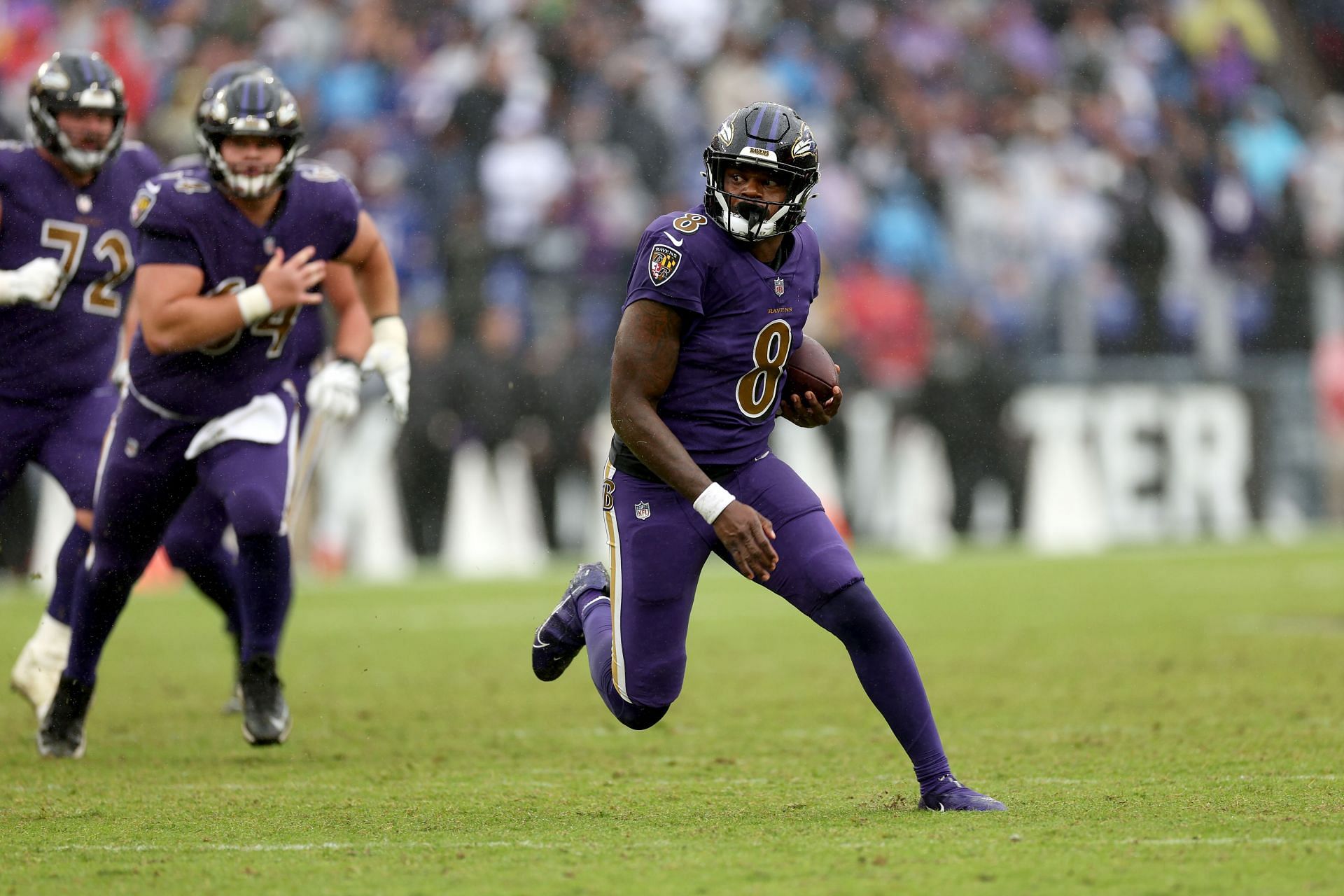
These types of QBs are becoming all the rage in the modern NFL. A QB of this type can run the ball as well as he throws it. This creates a mismatch advantage for the offense as they carry an extra runner in the backfield. NFL quarterbacks in this category are gifted talents. They have the potential to dart past the line of scrimmage like a star RB for a huge run or complete a gunslinger-type pass to make a play.
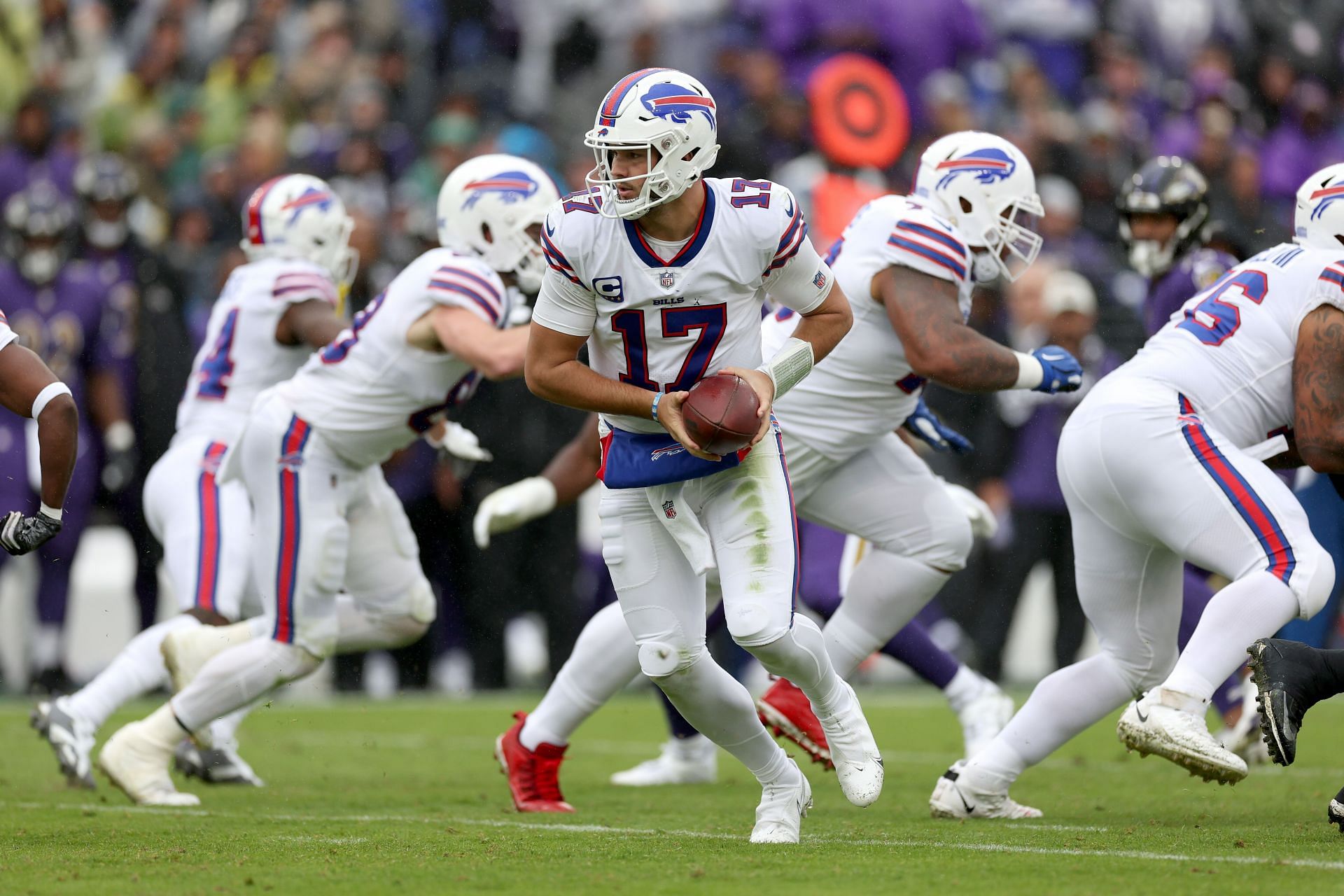
Dual-threats often struggle with accuracy on short to intermediate passes, often trying to send a bomb down the field. A dual-threat QB can be effective to build a system around and can win you a lot of games. However, if he goes down or is out due to injury, a team might find themselves in quite the predicament (a high possibility of reconsidering the style of play).
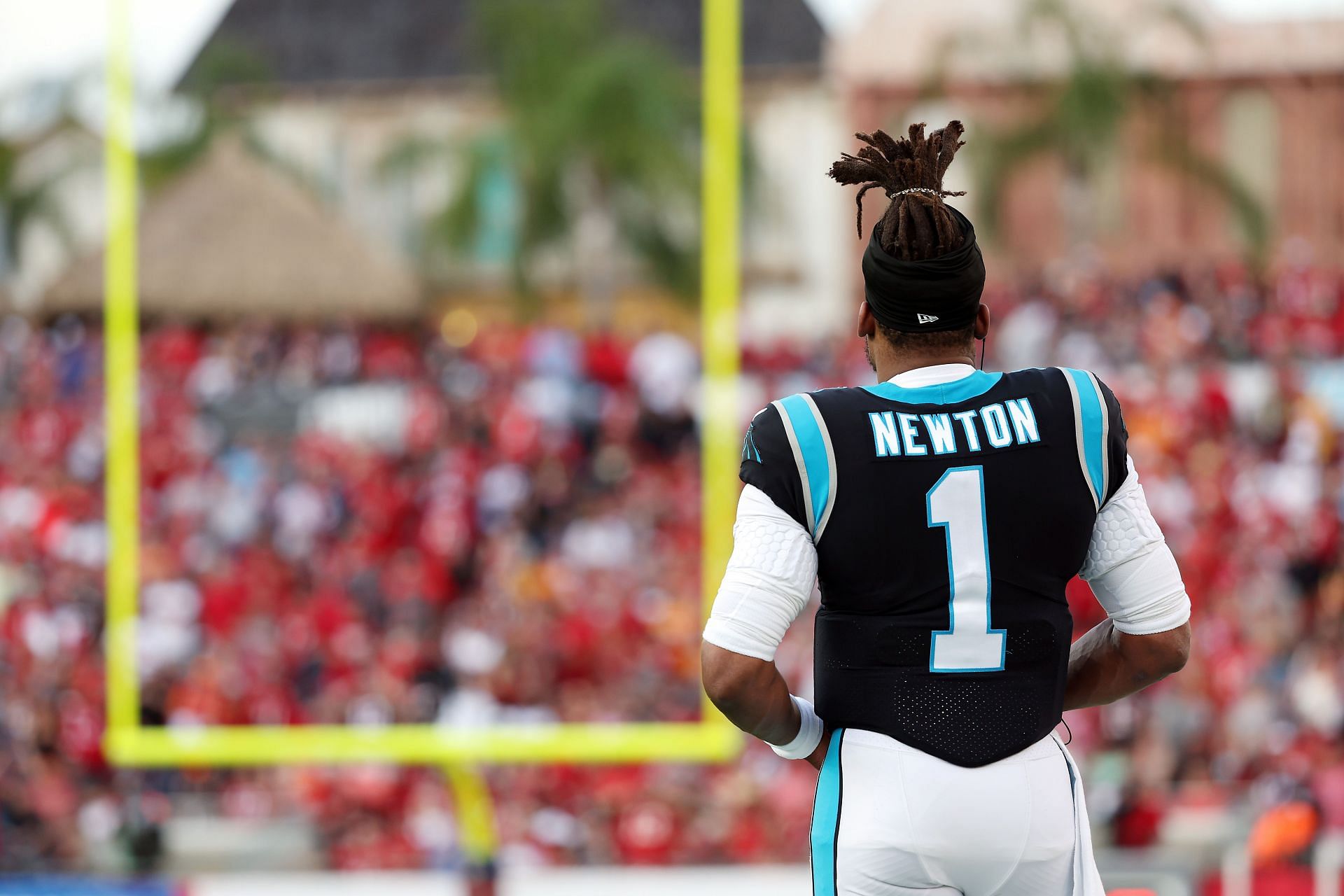
Defensive coordinators facing dual-threats usually focus on shutting down the short run game and limiting the deep ball. They force the quarterback into uncomfortable situations where they are forced to pass.
The All-Rounder
The rarest type of quarterback playing style in NFL history. Roger Staubach and Fran Tarkenton are throwback examples - polished pocket passers who can also make a run for a huge gain.
Tarkenton retired as the NFL's leader in both career passing and rushing yards. His feats showcase his immense ability out of the pocket to deliver strikes and also run for massive gains.
Final Thoughts
There are many types of quarterbacks in the NFL, but the common thread among all types of signal-callers is usually that they are the leader of the offense. A quarterback's success or failure can have a significant impact on the fortunes of their team. As a result, the quarterback is among the most glorified, scrutinized, and highest-paid positions in team sports.